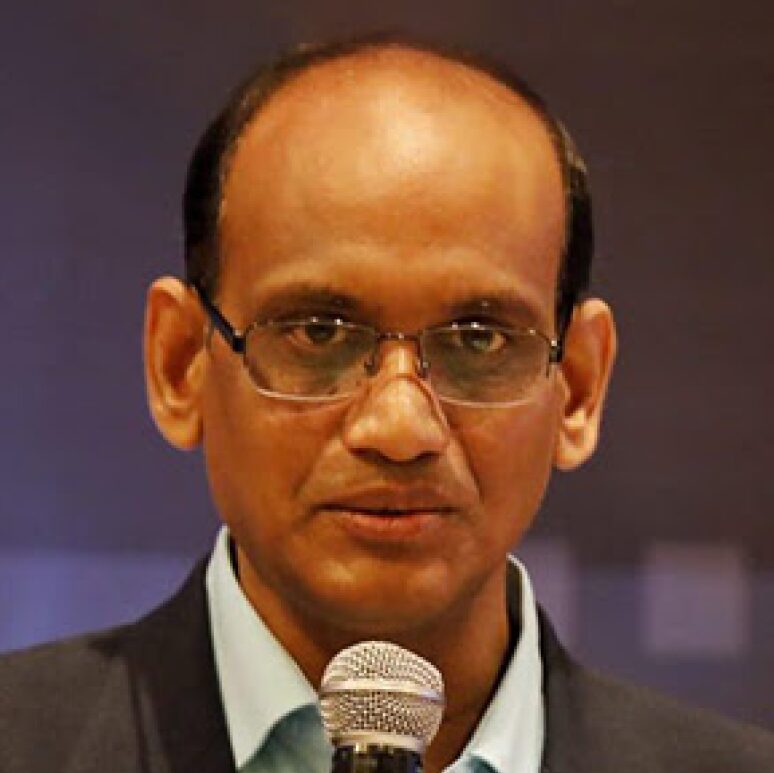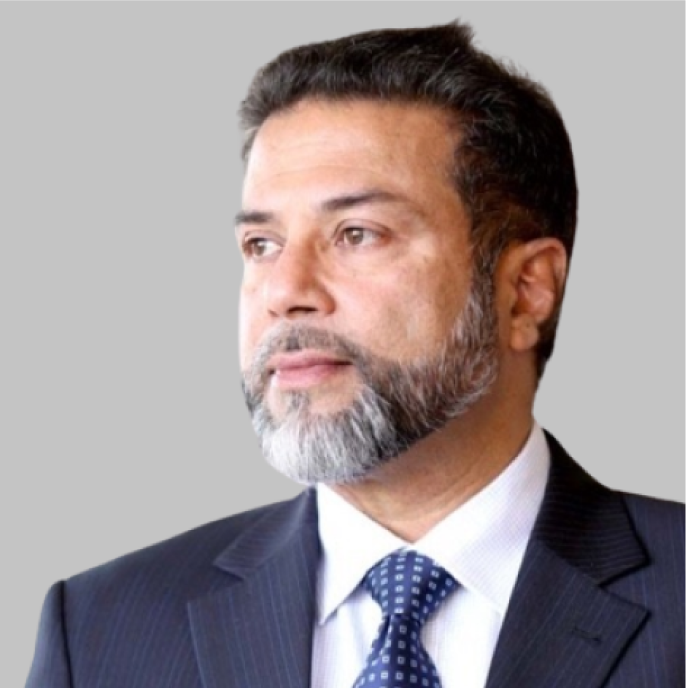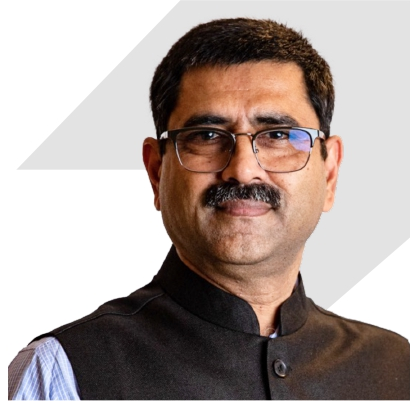Data centres are turning out to be the new reservoirs of the states. Policy measures, a growing client base, and expanding corporate data storage requirements are all propelling India to become the “next destination” for data centres. DC operators should expect a surge in demand for data centre space as digital consumption habits such as online gaming, online education, streaming, e-commerce, and total internet hits expand.
As the customer base for data consumption in these many industries grows, the need for new data centres grows as well. In the coming years, technology and automation will play a crucial role in the growing demand for DCS.
Bangalore is renowned as India’s Silicon Valley, with an estimated GDP of more than US$110 billion. One-third of India’s IT exports come from the city, and its IT and data centre infrastructure is secure, intelligent, and scalable. Bangalore is a developed and prosperous city that is known for being the birthplace of information technology.
Many great answers already cover most of the points as to why Bengaluru became the biggest IT hub in India. Though the rise in DCs in other Indian states has impacted the state’s DC ecosystem, Banglore’s data centres still play a very imperative role in uplifting the country’s IT ecosystem.
Post COVID-19, as India is going through some profound changes in incentivising DCs and are transforming the country’s entrepreneurial set-up, one of the country’s most sought-after afters state should also undergo a transformation – the data centres of the future should be built today!
Join us at the Bangalore cloud & Data Centre Convention where thought leaders discuss how to leverage the existing and upcoming network of data centre infrastructure, cloud computing, and a lot more.




How will decisions in relation to investment and location be impacted by a changing investment environment and requirements? This expert panel will analyse and discuss how the risk and investment profile of different key markets across India and further afield are changing, now and into the longer term. How will the balance between Bangalore and other locations be altered?







While enterprise companies are the foundation of the entire data center/cloud ecosystem their own enterprise on-prem data centers have declined as a proportion of overall footprint. Yet they remain and still play a key digital role for many companies. Will this continue? How is their role driven by gaps left in what colocation and cloud provide? What path will India’s digital infrastructure take going forward?






This panel will look at a number of the key technologies, especially AI – that we can expect to see increasing their reach across Indian data centers and enterprises in the near and longer-term future. What will their requirements mean for the design, built and operation of data centers? How will these technologies empower and assist the future of enterprise architecture?







When the technology to build great software is the same to all, how is it that some services are trustworthy.
We look at the practices and disciplines through which you build trust – security, scaling and resilience. This differentiates you from others.

Datacenter operations rely on metrics to determine efficiency, resilience and performance. While some such as PUE and the ‘five nines’ have been long established, others are more recent, So, where are the shortfalls in data center operational metrics? Why? How can these shortfalls be addressed?





As data centers continue to play a core role in a world that is becoming increasingly digital, so the description of the data center as ‘mission critical’ takes on added weight. The dependence of most sectors of the economy, of individuals and of Government and public service institutions on data centers and the ecosystem they enable adds to the impacts of service disruption in terms of cost, reputation, remedial strategies among other consequences. In this context, what role does innovation play across the life of the data center and how are innovation and ‘forward thinking’ delivered in order to meet the challenges of the future?





How will colocation providers need to adapt to the impact of future demand trends based on increasing Internet use and on the acceleration of digital transformation in its various forms? What will be the investment priorities in order to develop and maintain the services and infrastructure to stay ahead of a rapidly-evolving and changing market?






Data centers have long been accustomed to scrutiny of their energy consumption. Now, the focus has moved outside the data center to supply and procurement practices and beyond operation to the whole of the facility life. How can all of this be tracked and managed? And what, maybe, is next?




Will we be designing and building data centres in 10 years’ time using the same tools and processes as we do today? What will change? How will the balance between human skills and technological means be set? What will changes to the process mean for the data centres that will service s digital requirements in the future?




Data centers no longer operate in a vacuum – as the digital world rolls out and as data ‘becomes the new oil’ so the key infrastructure required to make this possible commands greater attention. Strategic decisions in relation to data centers may be made by stakeholders well beyond the facility walls. How can data centers optimise their dealings with all relevant parties in order to ensure their place in Bangalore’s digital future?





